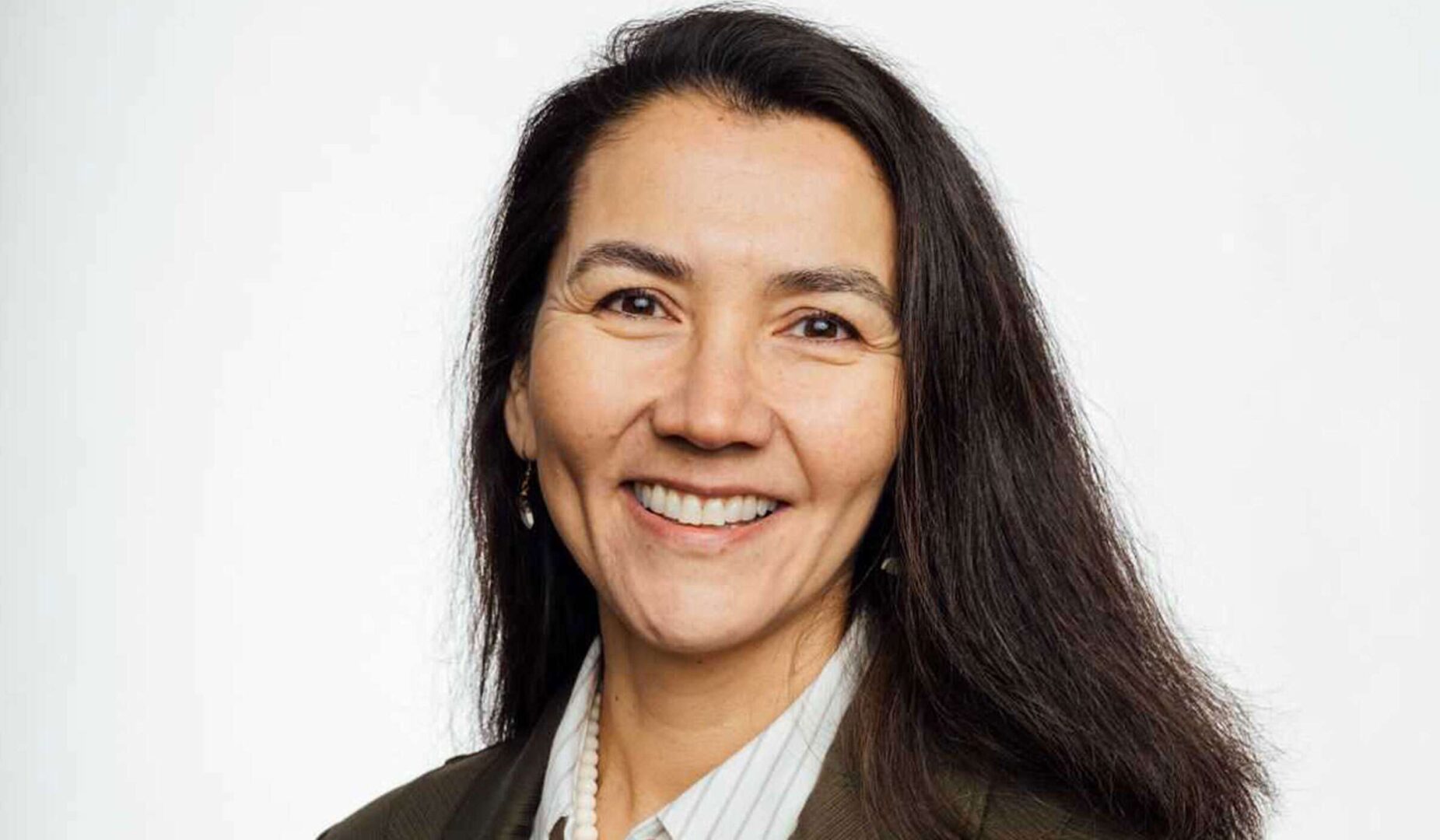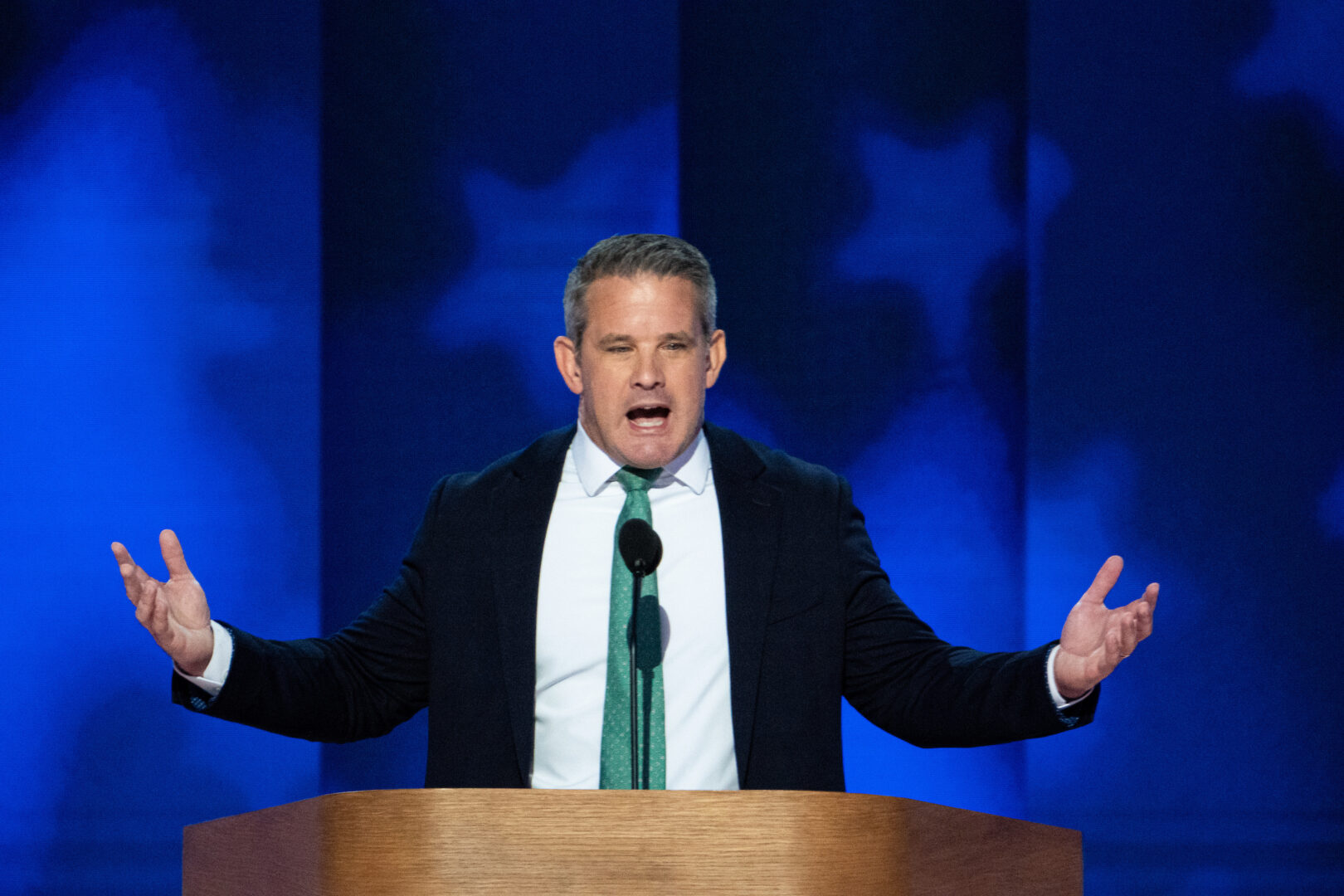Peltola wins Alaska special election to fill Young’s House seat
Democratic former legislator supports abortion rights and gun rights

Alaska Democrat Mary Peltola is heading to Congress after winning a special, ranked choice election to finish the remainder of the late GOP Rep. Don Young’s term, beating two Republicans and a collection of write-in candidates.
In the final balloting, Peltola had 51.5 percent to 48.5 percent for Republican Sarah Palin, the state’s former governor and a controversial candidate who had the endorsement of former President Donald Trump.
Peltola, a former member of the state House and interim executive director of the Kuskokwim River Inter-Tribal Fish Commission, won the most votes in the initial count, as Republicans Palin and Nick Begich III split their party’s voters. She will be the first Alaska Native to serve in Congress.
As Wednesday began, Peltola had nearly 75,000 votes, or nearly 40 percent, followed by Palin with more than 58,000, or 31 percent; and Begich, another Republican, with more than 52,000, or 28 percent. Another 3,000, or less than 2 percent, went for write-in candidates.
Since Peltola did not win a majority in the first balloting, the state moved to its new ranked choice system, throwing out the write-ins and third-place finisher Begich. Those voters’ second choices were then apportioned between Palin, the 2008 Republican vice presidential nominee, and Peltola.
The state showed that process live on Facebook starting at 8 p.m. Eastern Daylight Time on Wednesday, and the final count showed Peltola with 91,206 votes and Palin with 85,987. The Associated Press called the race at 8:13 p.m. Eastern.
“As the person with the most first choices, Mary Peltola was already in a really good position in this race,” said Deb Otis, the director of research for FairVote, which advocates for ranked choice voting. Otis said Peltola demonstrated deep and broad support and gained enough second-choice support in order to win.
“She ran a mostly positive campaign, focusing on Alaska issues. All of those were key to her victory,” Otis said.
Alaska’s new ranked choice voting system allows voters to pick from among four candidates who advanced from an all-party primary. Independent candidate Al Gross had made the top four after an all-party primary June 11, but he then dropped out. Peltola was able to focus on positive messaging, while Begich and Palin attacked each other in an effort to woo conservative voters.
Peltola, Palin, Begich and potentially a fourth candidate, Libertarian Chris Bye, are also on the ballot in November for a full term in the 118th Congress. The current fourth-place finisher in the Aug. 16 primary, Republican Tara Sweeney, recently said she would drop out of the race. Begich is a grandson of former Democratic Rep. Nick Begich.
“I would expect that the winner of this special election might have a small advantage going into the next election,” Otis said. Peltola will have “more name recognition in a few months.”
Young, a legend in Alaska politics and the longest-serving Republican House member in history, died in March at the age of 88. He held Alaska’s only House seat for 49 years.
Peltola, who identifies as Yup’ik, Eskimo and German American, joins four Native Americans in the 117th Congress. Most recently, she spent five years as executive director of a coalition of 33 federally recognized tribes working together to manage the salmon population in the Kuskokwim River.
She started her career in the Alaska State House and later went on to serve on the Bethel City Council and as a judge on the Orutsararmuit Native Council Tribal Court. While in the state Legislature, she chaired the bipartisan Bush Caucus, a group of lawmakers seeking to promote rural Alaskan interests.
Although Peltola supports Democratic pillars such as abortion access, she diverges from her caucus on some of the more traditional issues associated with her solid-GOP state, like guns and energy policy.
“Guns are a part of Alaska’s culture and a core tool of a subsistence lifestyle,” she told the Anchorage Daily News earlier this month. “I grew up hunting, my husband is a hunter, and I will continue to own guns and defend the right of Alaskans to own guns.”
She also told the newspaper that she prioritizes promoting Alaskan-produced oil and gas as a way for the nation to become more energy-independent.
Peltola was born in Anchorage and studied elementary education at the University of Northern Colorado. She and her husband, Gene Peltola Jr., have seven children and live in Bethel, one of the largest cities in western Alaska.
Inside Elections with Nathan L. Gonzales revised its rating Thursday for the November race, moving it from Solid Republican to Tilt Republican.
“Peltola’s victory is more about the candidates than it is about the ranked choice, though ranked choice definitely played a part,” said Inside Elections’ Jacob Rubashkin. “Palin is a uniquely polarizing figure in Alaskan politics, and her deep unpopularity drove enough Begich voters away from her to allow Peltola, a good candidate in her own right, to seize the win after Begich was eliminated.”
Rubashkin said that in a traditional Republican v. Democrat contest, he still believes Peltola would have been competitive. Begich, if he’d won a traditional GOP primary, would have been the “clear favorite” against Peltola, Rubashkin added.
In terms of campaign cash, Begich disclosed $655,000 cash on hand as of July 27 to Palin’s almost $110,000. Peltola held about $125,000, according to FEC reports. The conservative group Americans for Prosperity spent about $750,000 in support of Begich, according to FEC filings. The Protect Freedom PAC, a super PAC linked to Kentucky GOP Sen. Rand Paul, spent about $400,000 in support of Palin.





